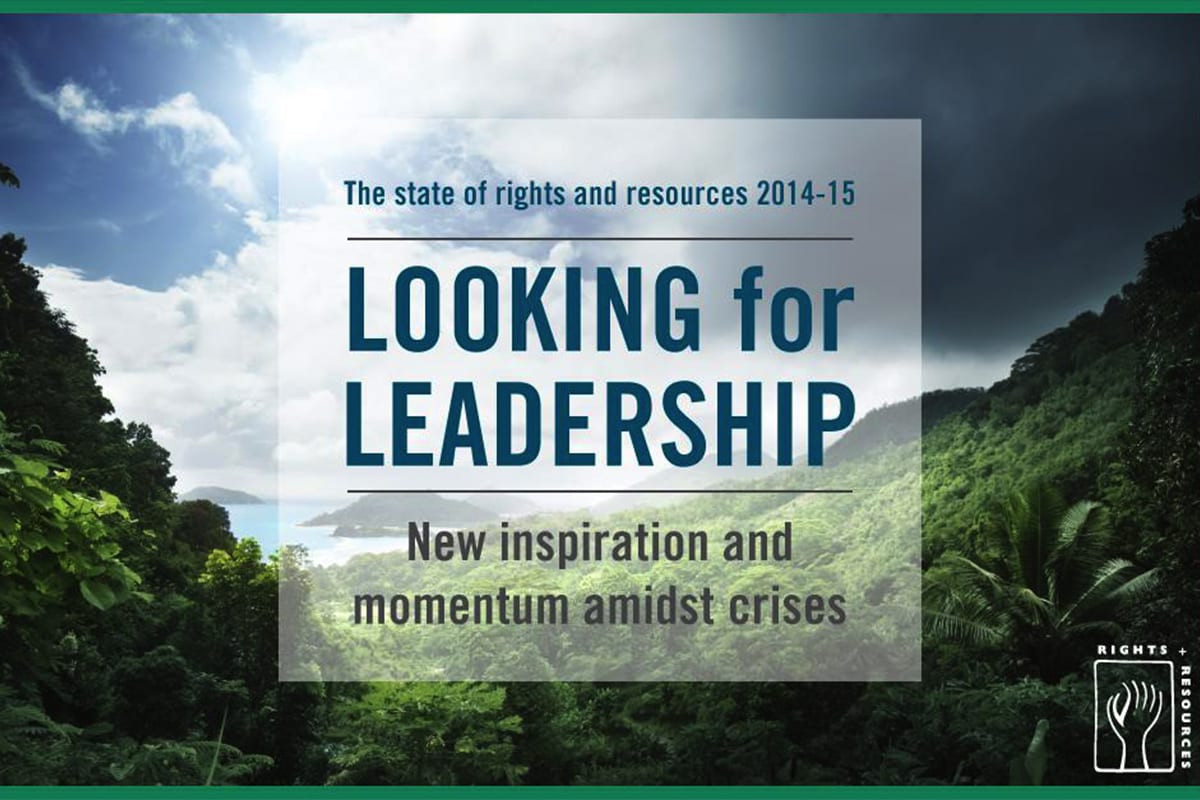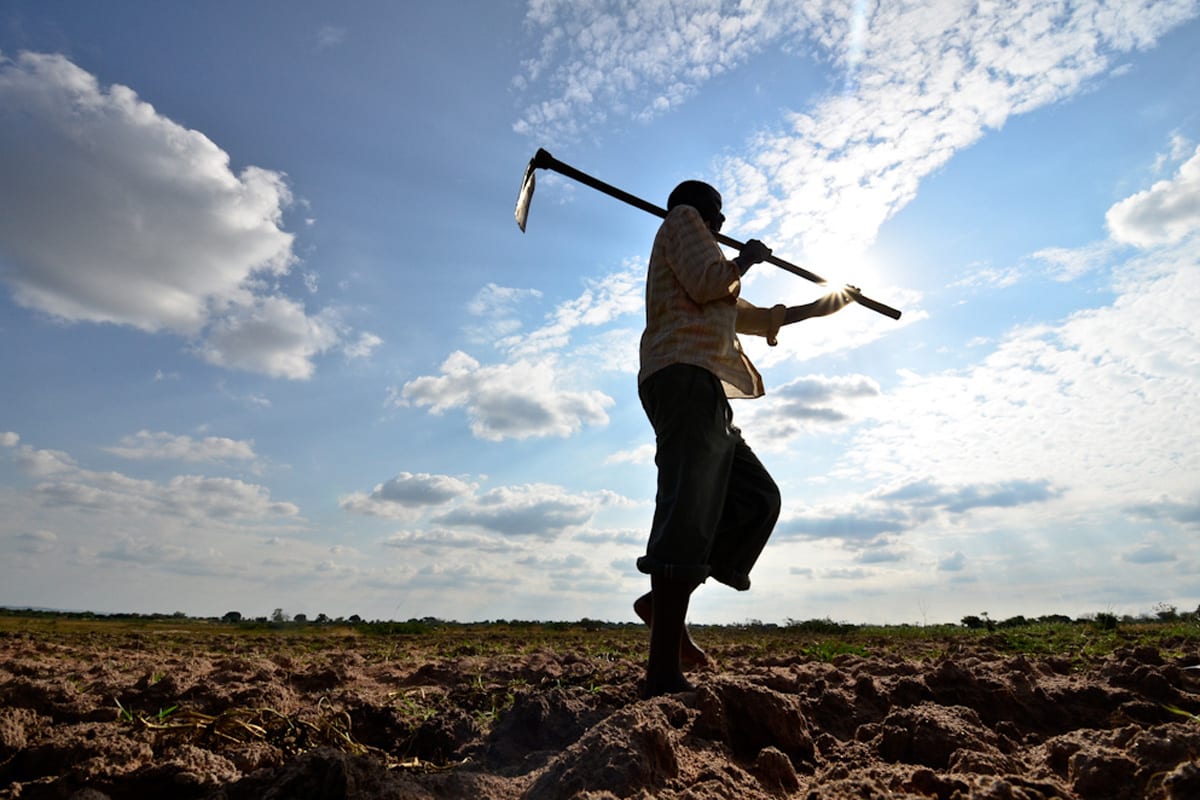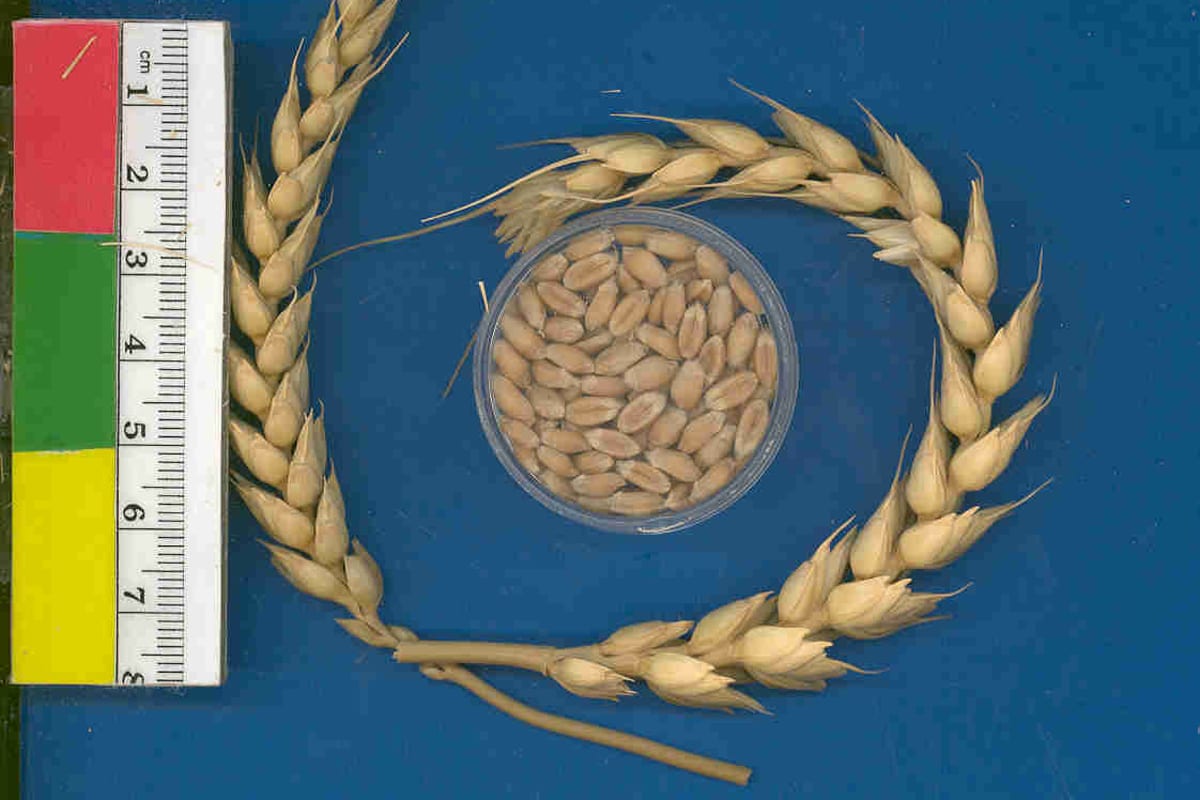Posts by Dan Klotz
The State of Rights and Resources

In 2014, we saw a number of studies showing that when Indigenous Peoples and local communities have control of their land and the natural resources the land contains, they do the best job of keeping those resources—including tropical forests and fresh water supplies, for example—intact. But often times, governments claim control of the land and the disposition of its resources.
Looking in Switzerland for the Answers to Financial Risk in Economic Development

When you look at mining, logging, and large-scale agriculture in the developing world, an unfortunate set of numbers leap out. Because these industries need land that is mostly inhabited, contested ownership of rural, forest, and dryland areas directly affects the livelihoods of more than two billion people.
Can Bananas Feed the World if Climate Change Worsens?

Hurricane Sandy crashed into the northeast U.S. at the end of October 2012, demonstrating the type of severe weather that climate change is expected to bring with increasing regularity. At the same time, the CGIAR Research Program on Climate Change, Agriculture and Food Security (CCAFS)—a Burness client—released two research papers looking at how feeding the world contributes to global warming, and how agriculture in particular needs to be revamped as climate change continues to worsen.
Progress in East Africa as Farmers Begin Adapting to Changing Weather

In a year when abnormal weather has wreaked havoc on farmers around the globe—from record drought in the U.S. to the failed monsoon in India—new research recently published by the CGIAR Research Program on Climate Change, Agriculture and Food Security (CCAFS) shows that smallholder farmers across East Africa have started to adapt to the changing climate.
Arctic Seed Vault Receives Seeds from Syria, Trendy Amaranth and Barley, Plus High Altitude Wheat

The Global Crop Diversity Trust, a Burness client, maintains the seed vault in partnership with the Norwegian government and the Nordic Genetic Resources Center, as a back-up to the living crop diversity collections housed in “genebanks” around the world. “The incredible range and importance of the seeds that have been sent here this week for safekeeping provide vivid examples of why we need to carefully collect and preserve our planet’s crop diversity,” said Cary Fowler, executive director of the Global Crop Diversity Trust.
